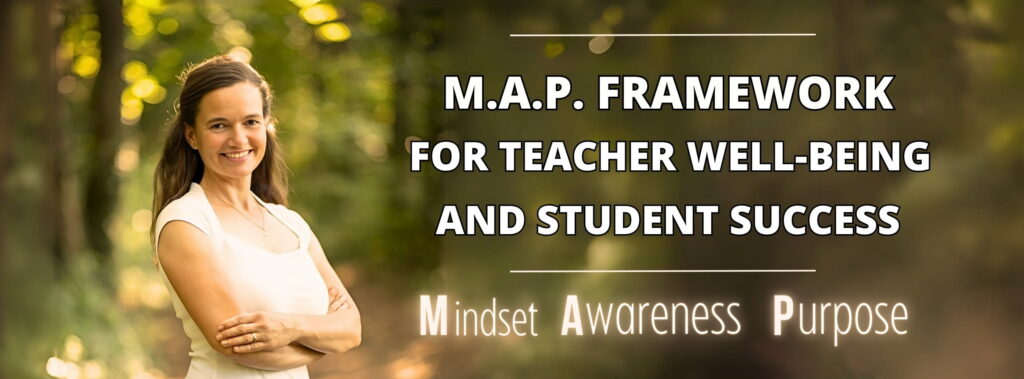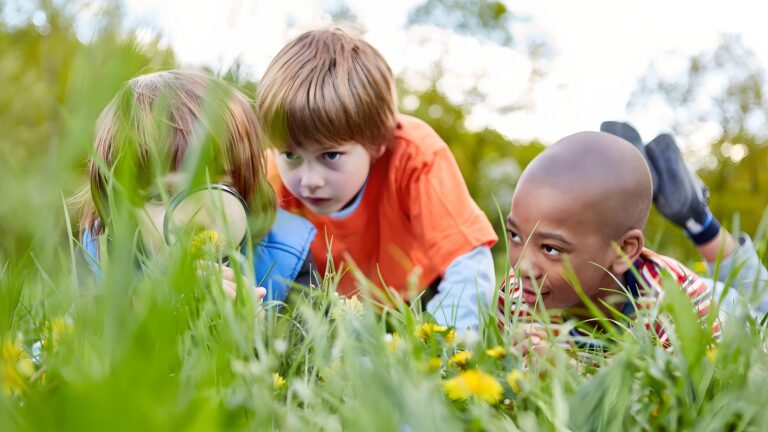Understanding Challenging Behaviors
Have you ever found yourself with a child or children who behave inappropriately; children who interrupt, grab, push, refuse to share, or just won’t cooperate? You may feel overwhelmed and frustrated but difficult behavior does not only limit your effectiveness but it also limits a child’s chances for success in school.
Why do children behave inappropriately and what can you do to promote positive behavior?
There is still a predominant view that challenging children would behave nicely if they wanted to, although neuroscientific researches have shown that children misbehave not because they lack the will to behave well but because they lack the skills to behave well.
Challenging children usually lack some or one of the following skills:
- problem solving
- flexibility
- frustration tolerance
“Children do well if they can!” should be our predominant view if we want to be effective in our education of young children and help them thrive.
Dr. Stuart Ablon is a child psychologist who specializes in working with challenging children and their families, teachers and helpers. He suggests we practice collaborative problem solving. To understand more about collaborative problem solving watch the video.
Would you agree that challenging children deserve the same humane, compassionate and effective approaches as children with other recognized learning disabilities?


Klavdija Svet, author of Elevate to Educate
Elevate your teaching skills and stay ahead of the curve! Receive our monthly Insights, packed with professional development opportunities, classroom inspiration, and the latest trends in education. Don’t miss out on the chance to take your teaching to the next level. Subscribe now!







